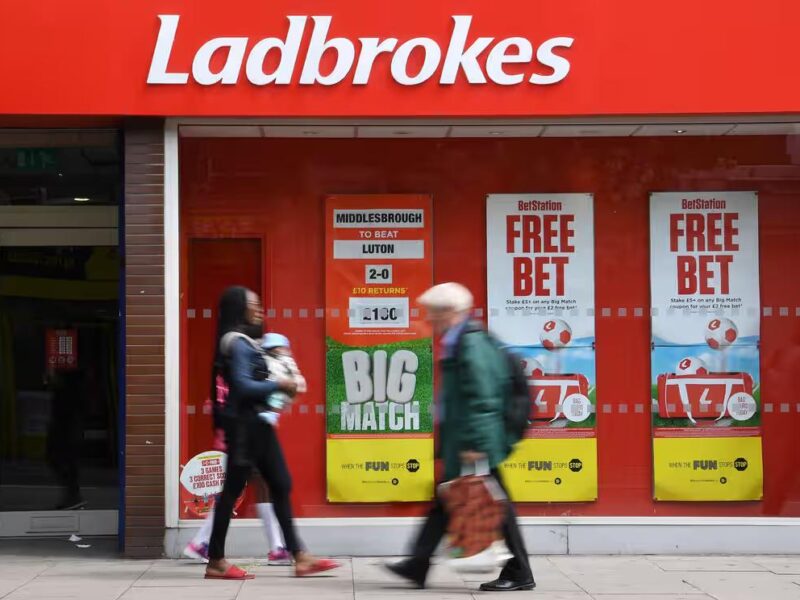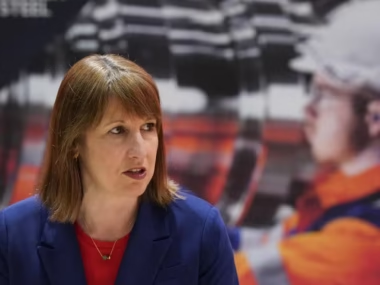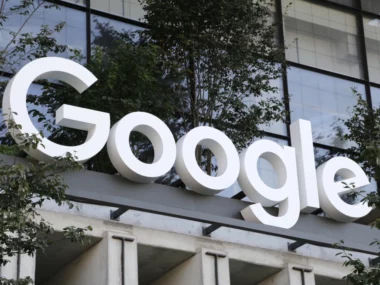Gaming behemoth Entain strikes a settlement on previous practices at a Turkish company it owned.
The proprietor of Coral and Ladbrokes has consented to pay nearly £600 million to resolve an inquiry about purported bribery at a company it owned in Turkey.
Entain said that it has struck a settlement with HM Revenue and Customs that will require the massive gaming company to pay £585 million in fines and a “disgorgement of profits” in total.
As per the terms of the deal, the penalty will be paid in installments over a period of four years, along with an additional £20 million charitable donation and a £10 million contribution towards the expenses incurred by both HMRC and the Crown Prosecution Service (CPS).
Barry Gibson, the chair of Entain, stated, “This legacy matter concerns a business which was sold by a former management team six years ago.” “Since these events, the group has undergone enormous change. We are dedicated to pursuing our goal of exclusively operating in regulated markets and are now regarded as a top-tier, accountable operator with the highest standards of corporate governance in every facet of our operations.”
HMRC first opened an inquiry in 2019 into the behavior of third-party suppliers and former group workers, as well as “possible corporate offending” by an online gaming and betting company with a Turkish target that Entain owned from 2011 to 2017. Formerly known as GVC, Entain is charged with not having the proper policies in place to prevent individuals from participating in bribes that advance the company’s interests.
Entain stated in August that it would probably need to set aside £585 million to pay a sizable fine in order to resolve the probe.
During a hearing at the royal courts of justice on Friday, Entain stated that it had, in principle, agreed a deferred prosecution agreement (DPA) with the CPS. Final court approval must be obtained at a hearing scheduled for 5 December.
A firm may be charged with a crime under a DPA, but if the judge approves the DPA, the case is automatically dropped. Then, they have tight guidelines to follow. DPAs have been applied in cases of purported bribery and corruption involving businesses, such as Rolls-Royce, a manufacturer of jet engines.
They are intended to shield a business from the potential financial ruin that comes with a criminal conviction, which might force it out of business.











